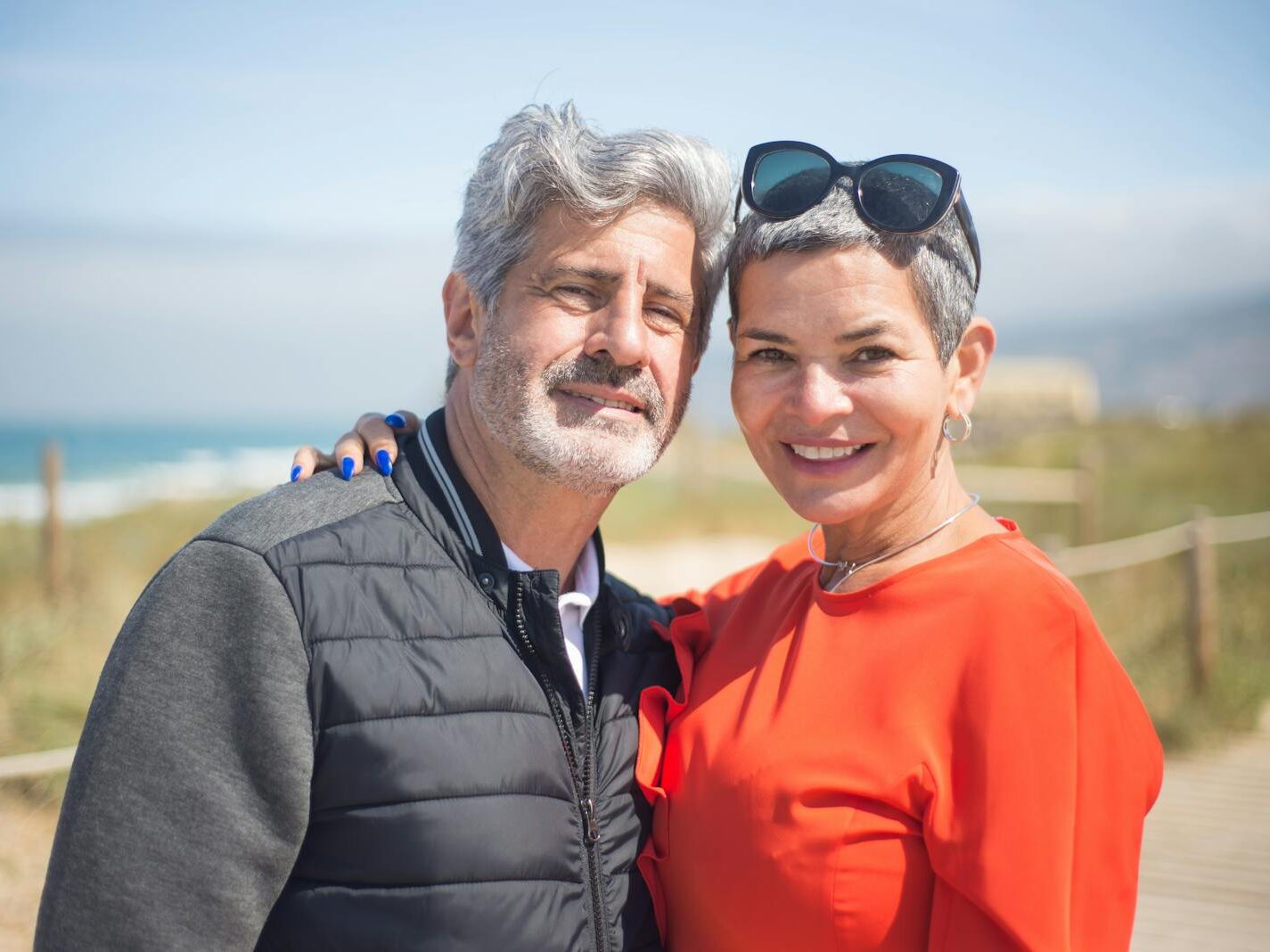
When a good friend drifts away, it stings. Sometimes the silence is slow, fading across months. Other times it feels abrupt, like one day you were close and the next they were gone. We often wonder if we did something wrong, but the truth is usually more complicated. Here are 15 hard truths about why “good friends” sometimes disappear.
Life Paths Drift Apart

Friendships often thrive because you’re walking the same road. You study together, start careers at the same time, or live in the same stage of life. But when one friend gets married, has kids, or relocates for work, while the other is still focused on freedom and exploration, the connection naturally weakens. It’s not betrayal — it’s reality. People’s rhythms change, and sometimes those rhythms no longer align.
Proximity Matters More Than We Realize

We underestimate how much friendships depend on simply being near each other. Being in the same school, office, or neighborhood gives you endless chances to talk and share. When that proximity disappears, the friendship suddenly demands deliberate effort. And many people don’t realize how much work it takes to sustain a bond without the ease of daily contact, so the relationship fades quietly.
Effort Isn’t Always Equal
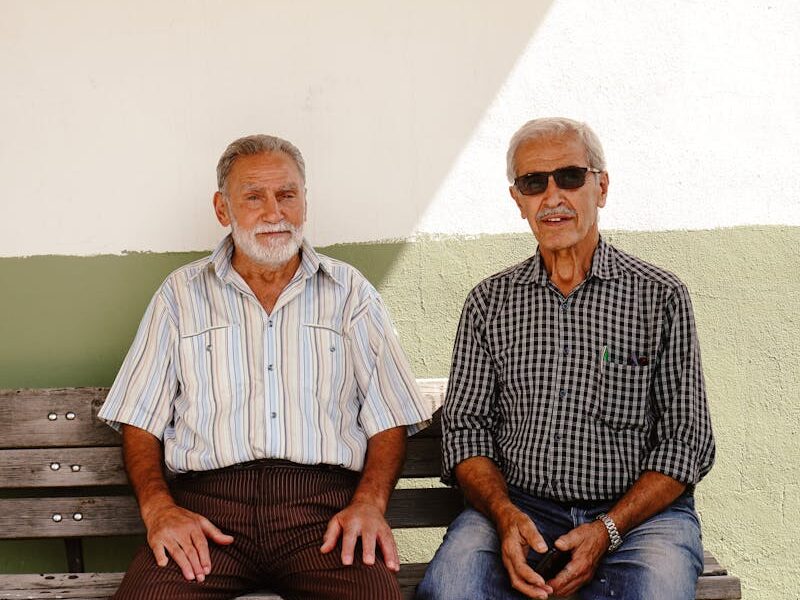
Friendship is a two-way street, but not everyone drives it equally. If one friend constantly plans, checks in, or initiates, while the other passively receives, resentment builds. The initiator eventually grows tired of carrying the weight, and silence creeps in. The sad truth is, even long friendships collapse when one person stops meeting the other halfway.
Growth Creates Distance

Personal growth is beautiful, but it can create distance. Imagine one friend diving into therapy, self-improvement, or faith, while the other clings to old habits. At first, the difference seems small, but over time, conversations feel strained. Shared jokes don’t land the same, values diverge, and both start feeling out of place in each other’s lives. Growth doesn’t always pull you closer; sometimes it highlights the gap.
New Relationships Take Priority
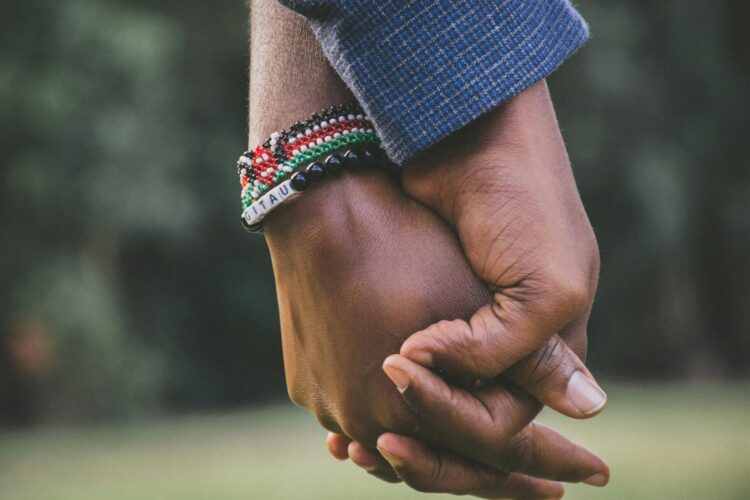
Romantic partners, children, or even new social circles can push old friendships aside. Not because they’re unwanted, but because life has limited time and energy. Someone building a family may not have hours for late-night talks, while someone starting a demanding career may struggle to keep up with old routines. The bond may still exist, but the place it once held in daily life shrinks.
Unspoken Resentments Build Up

Many friendships die quietly, not in explosions but in silence. Maybe you felt unsupported during a crisis, or they felt you stopped listening. Instead of addressing it, both of you smiled, pretended, and carried on. But small slights piled up like bricks until the wall between you was too high to climb. Resentments that go unspoken eventually speak louder than words.
Some Friendships Were Seasonal

Not every friend is meant to last a lifetime. Some arrive just for a season — to help you through heartbreak, to walk beside you in school, to share a passion or adventure. When the season ends, the closeness fades. It hurts, but it doesn’t mean the friendship wasn’t real. It means it fulfilled its purpose: to support, teach, or comfort you during a specific chapter.
Priorities Change Over Time

Priorities shape connection. Maybe you used to bond over long nights out, but now one friend values rest and family, while the other still craves nightlife. Or maybe you once obsessed over shared hobbies that no longer matter. When core priorities shift, conversations feel forced, and the glue holding you together loosens. Neither is wrong — you’ve just moved in different directions.
Unbalanced Friendships Collapse

Every relationship needs reciprocity. When one friend gives endlessly while the other rarely returns the favor, an imbalance builds. At first, generosity feels good. But after a while, the giver feels drained, even used. Without balance, friendship begins to feel more like an obligation, and eventually, the giver steps away to preserve their own well-being.
Some People Can’t Handle Your Growth
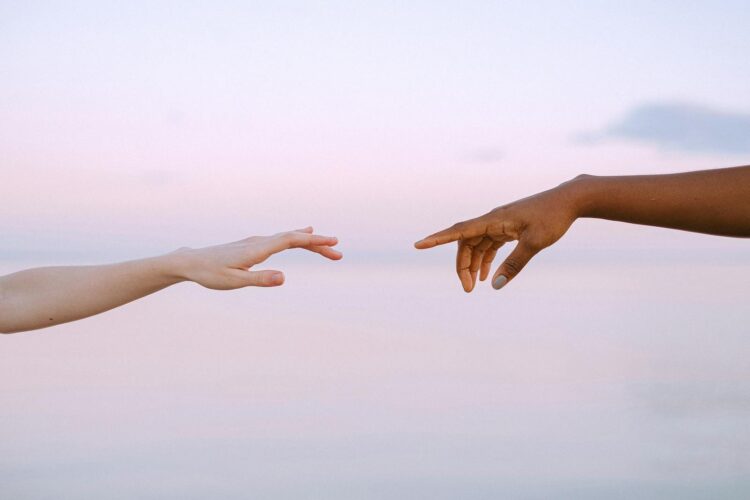
Growth can make some friends uncomfortable. When you succeed, heal, or change, it can highlight what they haven’t achieved. Instead of celebrating you, they pull back, sometimes out of jealousy, sometimes out of feeling “left behind.” It’s painful to realize that not everyone you love can handle your evolution. Sometimes your light makes others retreat into their shadows.
Miscommunication Creates Distance

Many friendships die from silence, not fights. A delayed reply, a misread tone in a message, or an assumption that the other doesn’t care can spiral into distance. Neither person wants to risk vulnerability by asking, “Are we okay?” so both wait. And waiting becomes weeks, then months, until the silence itself feels like the answer.
Circumstances Become Overwhelming

Sometimes it’s not you. Your friend may be drowning in private struggles — financial stress, health issues, depression, or family responsibilities. In survival mode, they don’t have the energy to maintain every friendship. You may interpret their silence as rejection, but in reality, they’re simply trying to hold themselves together.
Friendships Without Depth Don’t Survive Change

Some friendships are built more on shared activities than shared souls. When the external bond, like a job, a sports team, a party scene ends, there’s nothing deeper to keep you close. Without emotional depth, friendships can’t weather the storms of change, and once the context shifts, so does the connection.
Silence Becomes Easier Than Effort
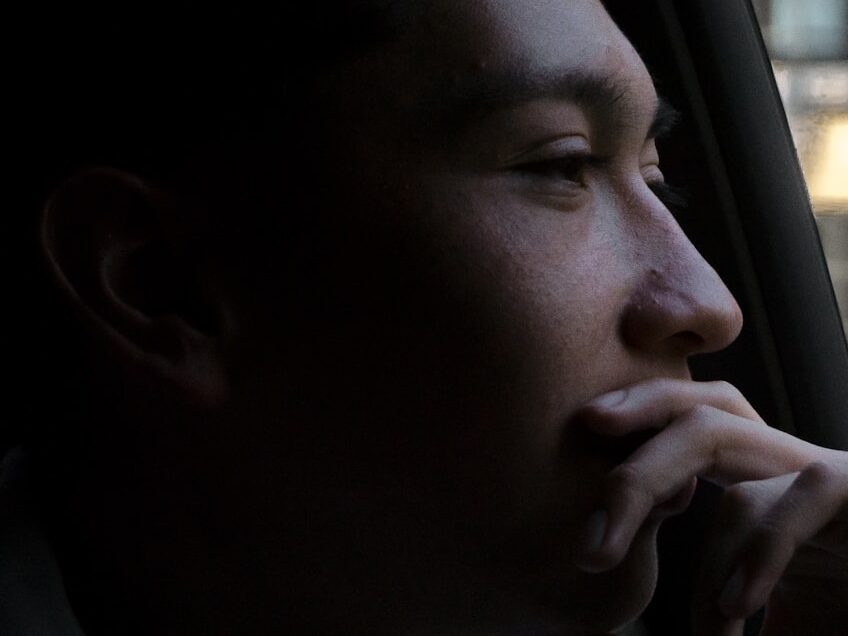
It’s easier to avoid hard conversations than to face them. So instead of saying, “I feel distant,” or “We’re drifting,” friends sometimes choose silence. That silence becomes a habit. Reaching out after months feels awkward, then after a year feelsimpossible. Over time, the weight of what’s unsaid grows heavier than the effort it would have taken to fix it.
Not Every Friendship Is Supposed to Last Forever

The hardest truth of all: friendships don’t always fail. Sometimes they just finish. A friend’s disappearance doesn’t erase what you shared. It simply means the relationship has run its course. Some people are only meant to walk with you part of the way, and that’s okay. Letting go doesn’t diminish the past; it honors the role they played in your journey.

